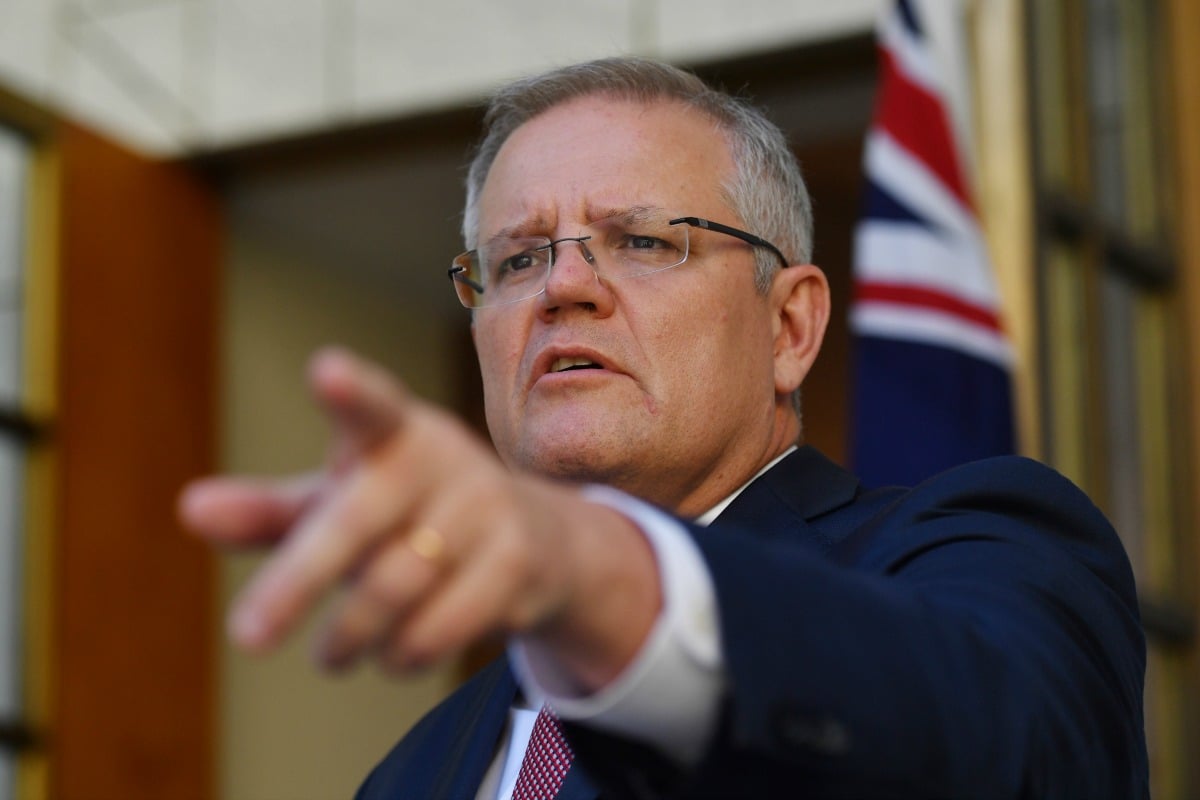
In homes all over the world – big and small – that make up towns and suburbs and cities and countries, people are dealing with the unthinkable fallout of the COVID-19 global pandemic. Jobs lost. Schools closed. A sickness spreading at a rapid rate, up against overwhelmed medical facilities. People are scared and isolated and confused. We don’t know what the future looks like six, 12, 18 months from now.
Perhaps the one factor that makes the entire scenario less terrifying is that we feel united. As a global community, we’re all on the same side. None of us want this to spread.
Whether you’re in the UK or India or South Africa or South Korea right now, you’re fighting the same battle. Everything else is on pause. Life as you know it has stopped, and you’re seeing, perhaps for the first time, that when it comes down to it, human health trumps everything else.
Watch: All your COVID-19 questions, answered. Post continues below.
Our daily lives now look strikingly similar, no matter where you live. We all anxiously await regular instructions from our governments about how we’re going to control this virus – the virus that isn’t anyone’s fault, but has to be fought almost everywhere on earth.

Top Comments
I’m no fan of Scott Morrison and concede his messaging has been conflicting and confusing but for gods sake could each Australian adult please take some responsibility for their crappy choices instead of saying ‘your messages are confusing so It’s not our fault we didn’t realise we couldn’t go out, stop scolding us’?
There is no excuse for the selfish & moronic behaviour of those going out when they’ve been repeatedly told not to and frankly I think harsher words could have been used. So you’re essentially saying all those people on beaches and in bars are victims of conflicting messaging & deserve empathy? Good grief wake up to yourself & grow up!
If Scott doesn't get the economy moving again, then there won't be life for more people than Corona could possibly claim.
More people will commit suicide as everything they've worked for goes. More people will die of preventable illness because they can't afford to take days off work.
Everyone is acting like a moron over Corona Virus, when Japan hasn't. They acted rationally. They're not insane or obsessed with how great the look to others.
But Australians LOVE negativity and crisis and telling others how lousy they are for living their lives.
Get the economy moving again, give us clear definition, not this "18months" crap and get on with it, or more people WILL die than Corona will claim.
I can't believe how blind and truly stupid Australia is being. You guys have no idea what it's really like to live in a country, like a poor country where having no money, no economy KILLS everyone. It just kills you. You're so "We have to do the right thing" and virtuous about everything, well you know what? Being virtuous and doing "the right thing" won't pay the bills. It won't save lives that are claimed when countries have no economy or have recessions.
I don't know why westerners are so blind when it comes to this, but you all bang on about racism and how awful it is. You're actually going to get people killed if you continue these shut downs.
And communism or whatever stupid socialist stuff the young white kids go on about these days isn't going to save anyone. Get the economy moving and stem the REAL death toll that won't make the newspapers.